Partners

SDG Champions France
Application project owner
SDG Champions France is a French multi-stakeholder, non-profit association comprised of eight constituent bodies, none of which holds precedence in decision-making. Its strategic objectives aim to contribute to achieving the current Global Goals (2030 Agenda) and their continuation beyond 2030.
SDG Champions France's priorities support the development of:
- Actions that combine economic development, social development, and environmental protection
- Spaces for collective intelligence with clear decision-making rules at the appropriate territorial level
- Robust working methods
- Impact assessments of these actions within their own sector and in other, related sectors.
SDG Champions France develops free and multilingual applications to assess these impacts across major areas in relation to the Global Goals: water (Water4allsdgs.org) and education (Education4allsdgs.org), with others to come. The organization also ensures consistency between these different applications.
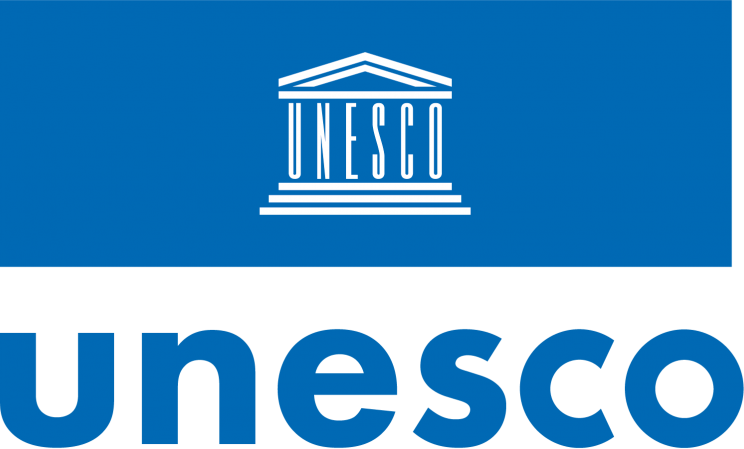
UNESCO
Institutional and financial partner
The United Nations Educational, Scientific and Cultural Organisation (UNESCO), is the principal United Nations agency for education. It has been given the mandate to lead the 2030 World Education Agenda through Sustainable Development Goal 4, for which it compiles monitoring indicators in an annual report entitled the Global Education Monitoring Report.
In particular, UNESCO promotes Education for Sustainable Development (ESD), the subject of target SDG 4.7, and is responsible for implementing the ESD framework and the ESD roadmap for 2030 adopted by the UNESCO's General Conference at its 40th session in 2020.
Through its ESD programme, UNESCO is working to make education a more central and visible part of the international response to the challenges of sustainable development. It produces and shares knowledge, provides policy guidance and technical support to countries, and implements projects on the ground to ensure inclusive, quality lifelong learning.
- UNESCO Education website
- Global Education Monitoring Report 2024 (with SDG4 statistics on pages 308 to 384)
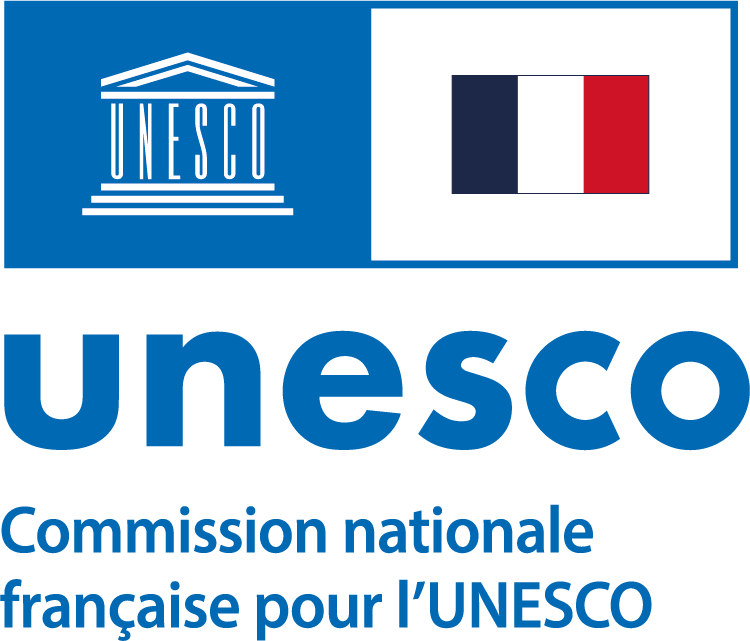
French National Commission for UNESCO
Institutional partner
The French National Commission for UNESCO has two main missions: to help strengthen France's intellectual and programmatic influence with the international organisation UNESCO; and to promote the role of UNESCO and its values in French society. Created by decree on 2 August 1946, the Commission works closely with the various French ministries.
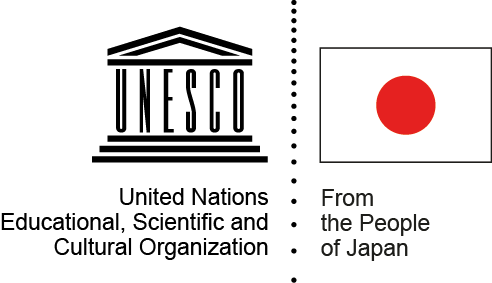
Japanese Funds-in-Trust to UNESCO
Financial partner
Japan is actively involved in UNESCO educational, cultural and scientific projects. The Government of Japan has created several funds-in-trust in various fields of competence of UNESCO, in particular the “The Japanese Funds-in-Trust for Education for Sustainable Development (ESD)”
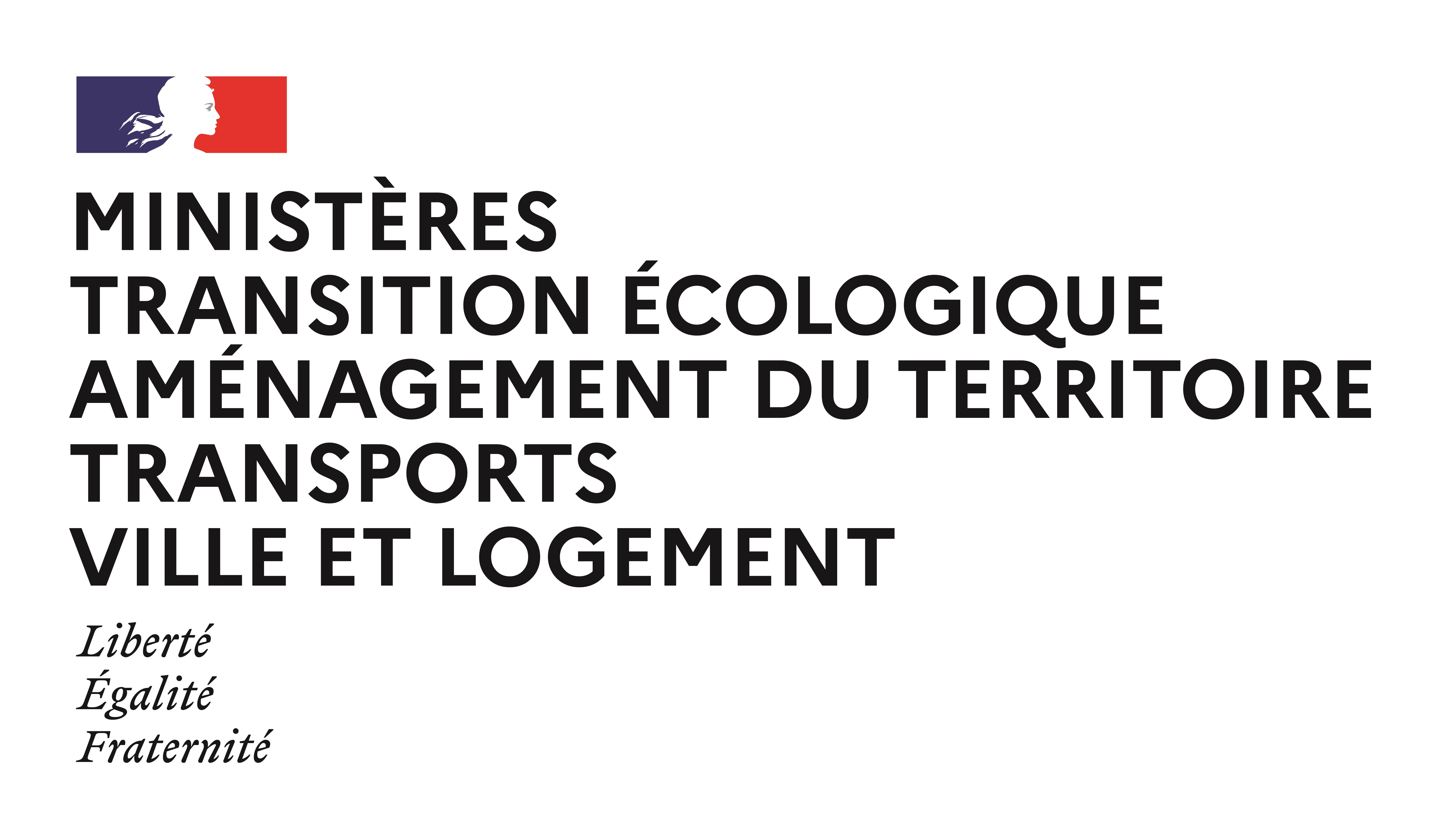
Commissariat général au développement durable (CGDD), French government
Institutional and financial partner
The ‘Commissariat général au développement durable’ (CGDD), a department of the French Ministry for Ecological Transition, is headed by a Commissioner who is the interministerial delegate for sustainable development. On behalf of the Prime Minister, the CGDD coordinates the actions of government departments to promote sustainable development.
The CGDD also plays a role in integrating the ecological transition into public policy and influencing socio-economic players (local authorities, public players, businesses and citizens).
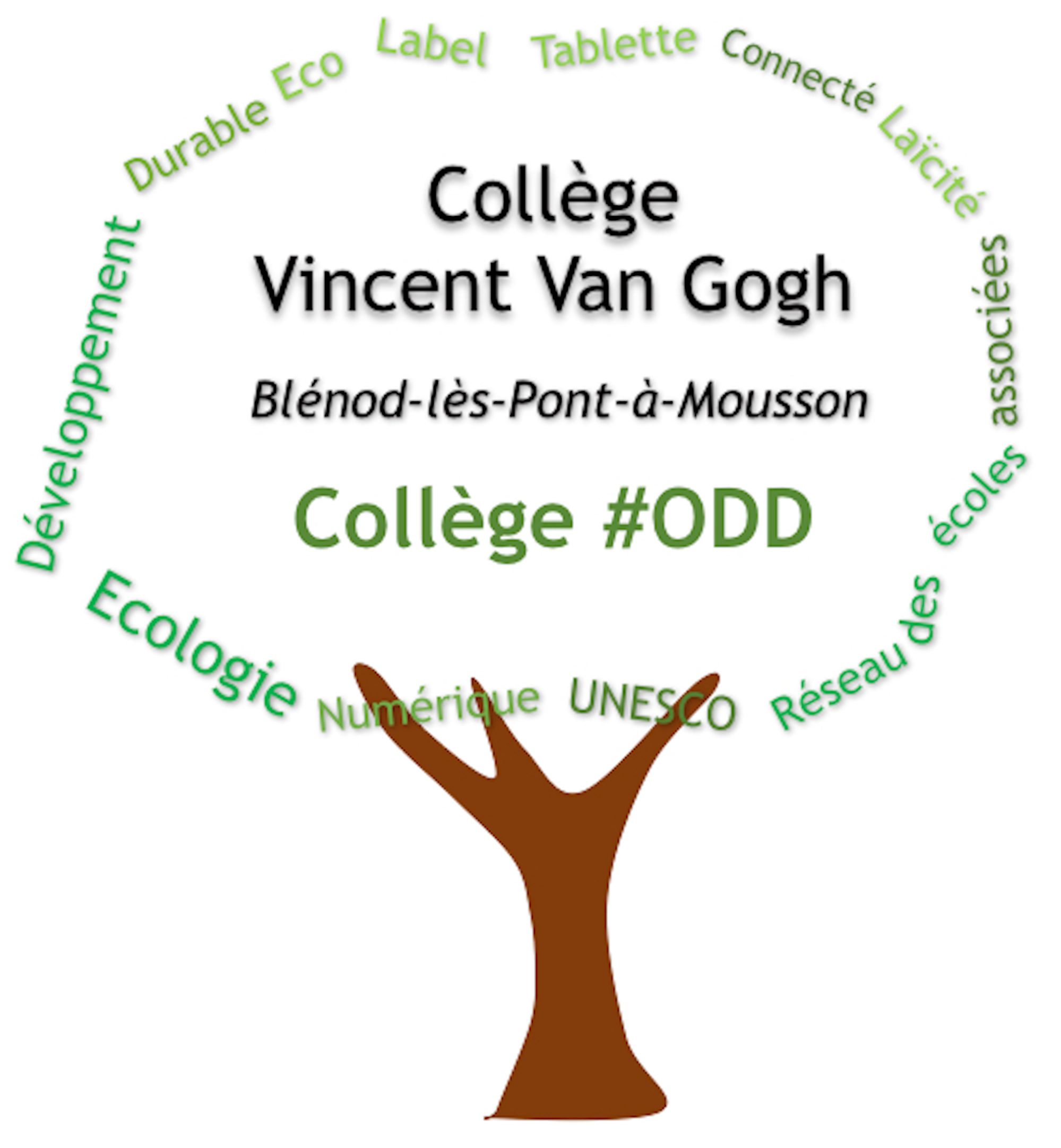
Vincent Van Gogh Middle School
Institutional partner
Vincent Van Gogh Middle School is a French public school in the Nancy-Metz academy, committed to promoting UNESCO values and education for sustainable development. A member of the UNESCO Associated Schools Network, it contributes to the implementation of Sustainable Development Goal 4, and in particular target 4.7.
The school works to transform learning environments and integrates the challenges of sustainable development and global citizenship into both formal and non-formal education.
Particular attention is paid to empowering and mobilizing young people, recognizing students as agents of change in the transition towards more sustainable societies. Students also contribute to accelerating action at the local level through the development of partnerships with numerous stakeholders in the region.
Communication in service of action is a key focus, developed at the school using the Eco-Schools program methodology, and has led to the creation of the Eco Radio school web radio station. This educational media outlet, dedicated to the Sustainable Development Goals, offers students a space for expression and engagement and benefits from an international reach through partnerships with UN News, the United Nations Information Service, and UNRIC, the United Nations Regional Information Centre for Western Europe.
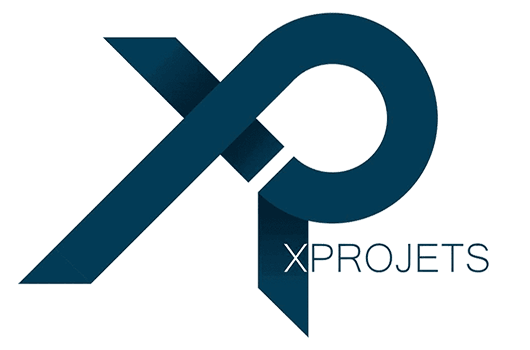
XProjets, Junior-Entreprise of l'École polytechnique, France
Technical partner
XProjets is the École polytechnique's Junior Enterprise. It is a non-profit association under the French law of 1901, which carries out a wide range of projects: web development, data, R&D, market research, etc. These projects are entrusted to one or more people who are students at the École polytechnique.
XProjets is an association for the students of the École polytechnique, enabling everyone to improve their skills by carrying out a project of varying difficulty and technique for a company. It is also an opportunity for students to gain initial experience in a professional environment.
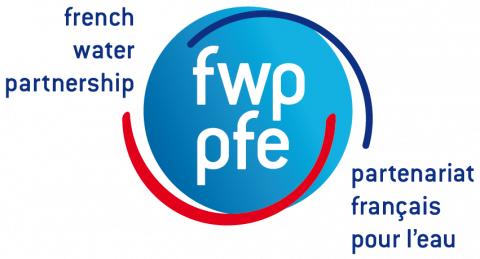
French Water Partnership
Institutional partner
The French Water Partnership (FWP) is the reference platform for French public, private and associative players in the water sector, active internationally. For nearly 20 years, it has been lobbying at international level to improve the way water-related issues are taken into account in various actions and policies, and promoting exchanges between French expertise and that of other countries.
Having participated in the construction of the SDGs, the FWP is committed to recognising the essential role of water in achieving all the SDGs and respecting the systemic nature of the 2030 Agenda. To enable non-specialists in the SDGs to accurately assess the impact of a water-related action on all the targets of the 17 SDGs, the FWP has developed a free, easy-to-use web application called Water4allSDGs. This tool uses the 4allSDGs generic methodology for assessing impacts of an action of a thematic domain on the SDG targets, a methodology designed by Gérard Payen.
The FWP has authorised SDG Champions France to use this generic methodology and to copy all or part of the Water4allSDGs application in order to adapt it to the field of Education.